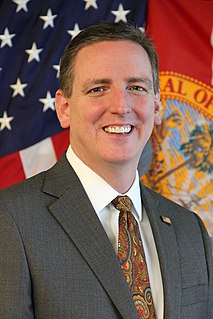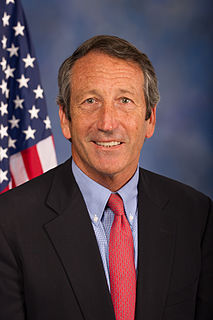A Quote by Alan Greenspan
The only sustainable way to increase demand for vacant houses is to spur the formation of new households. Admitting more skilled immigrants, who tend to earn enough to buy homes, would accomplish that while paying other dividends to the U.S. economy.
Related Quotes
I argued last year on my shared blog that selling the right to immigrate would be the best approach to legal immigration. Among other benefits, the revenue from immigrants' payments could reduce taxes. Paying for the right to immigrate would also negate the argument that immigrants get a free ride when they gain health care and other benefits. Moreover, making immigrants pay would attract the type of immigrants who came much earlier in American history: young men and women who are reasonably skilled and want to make a long-term commitment to the United States.
There are broader and narrower definitions of the new economy. The narrow version defines the new economy in terms of two principal developments: first, an increase in the economy's maximum sustainable growth rate and, second, the spread and increasing importance of information and communications technology.
The problems of 2008 were never cured. The Federal Reserve's solution to the crisis was to lend the economy enough money to borrow its way out of debt. It thought that if it could subsidize banks lending homeowners enough money to buy houses from people who are defaulting, then the bank balance sheets would end up okay.
In 1992, the federal Government actually issued more work authorizations to immigrants and temporary foreign workers than the net number of new jobs created by our economy. Something is fundamentally wrong when we have millions of American citizens and legal residents begging for jobs, and yet we are admitting thousands and thousands of immigrants a year with virtually no consideration to our employment needs or their employment skills.
We're in a classic demand-shortfall recession. There aren't enough jobs because total spending is too low. Consumers won't lead the way because they're busy paying down debt and are fearful they'll lose their jobs, if they haven't already. Businesses, which are currently sitting on mountains of cash, won't spend either, because they already have sufficient capacity to produce more than people are willing to buy.





































